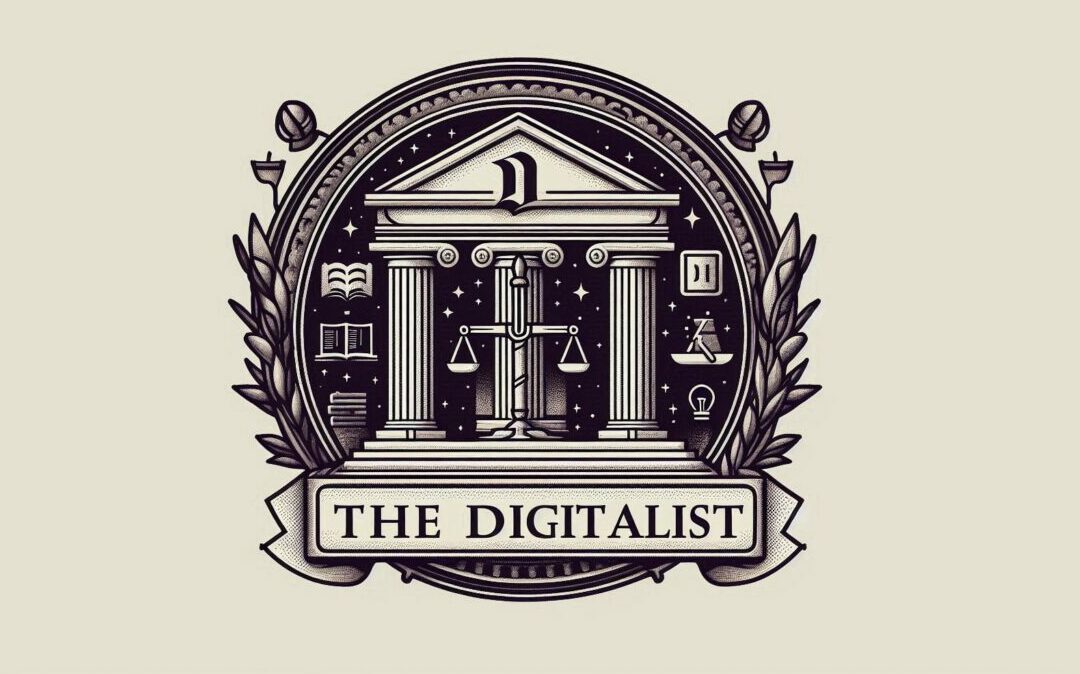In both America and Europe, a copyright holder’s exclusive distribution and reproduction rights are subject to certain limitations, including the American first-sale doctrine, the corresponding European exhaustion doctrine, and the American essential step defense. When a copy of a copyrighted work is sold to a user, thereby conveying ownership of the copy to the user, the first-sale doctrine and exhaustion doctrine allow the user to transfer the copy without the copyright holder’s authorization. When a copy of copyrighted software is sold to a user, the essential step defense allows the user to reproduce an additional copy that is essential to the use of the original copy, also without the copyright holder’s authorization. Ownership of a licensed copy is not transferred to the licensee; it is retained by the copyright owner. Thus, the first-sale doctrine, exhaustion doctrine, and essential step defense do not apply to copies of copyrighted works that are licensed.
In an effort to circumvent the first-sale doctrine, and essential step defense, software copyright owners often distribute software copies with terms and conditions that claim the software is being licensed, not sold. In order to determine whether these copies will actually be considered licensed rather than sold, the Court of Justice of the European Union and several American courts of appeals have developed different licensing tests for analyzing software terms and conditions. A uniform software licensing test does not currently exist. This article will analyze the current licensing tests for software terms and conditions employed by American and European courts. This article will then critique these tests’ current formations and propose a new licensing test that can be uniformly applied to the terms and conditions accompanying software copies as well as digital copies of other copyrighted electronic works.

